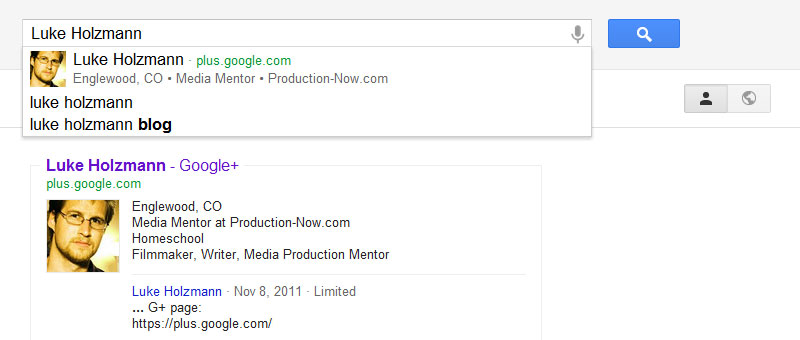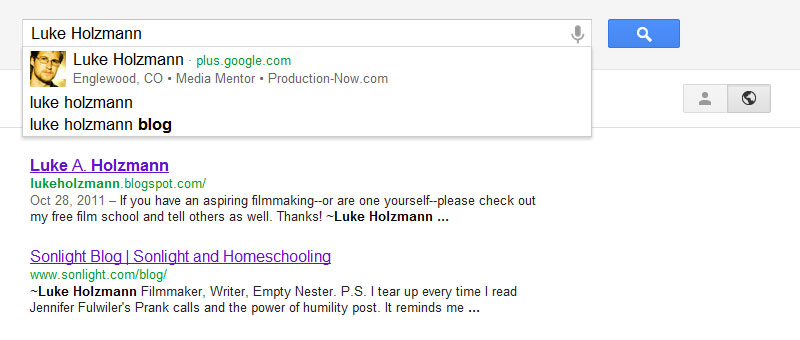 While we always have plenty to do to keep us occupied these winter days, sometimes I find that we get "cabin fever" and a change of scenery does us good. That's when I like to load up the kids and head for the library. Our library has several branches in the area. Naturally, the one closest to our home is the one we usually go to, but I like to visit other branches sometimes just for fun.
While we always have plenty to do to keep us occupied these winter days, sometimes I find that we get "cabin fever" and a change of scenery does us good. That's when I like to load up the kids and head for the library. Our library has several branches in the area. Naturally, the one closest to our home is the one we usually go to, but I like to visit other branches sometimes just for fun.
I've always loved the library. All through my childhood and teen years my mother took us to get fresh books just about every week. Back in the day before internet it was the go-to source for any research a person needed to do. Patrons were expected to converse in whispers and it was all very staid and formal. And never very busy. Even then, I loved it.
Libraries today are bustling far more than they were when I was growing up. With computer stations in every available nook and corner, many people take advantage of free access to the internet. Various activities are regularly scheduled as well. Our library has Preschool Story Time, Homeschool Time, a Teen Book Club, a Family Movie Night, and even a Lego Club to name a few. There are lots of opportunities for "socialization" if that's a concern for your family.
My favorite thing is to just browse the racks for books, like I've always done. First I check the New Fiction shelf, then I look through my favorite genres of fiction and biographies. I also like to look at the crochet and knitting pattern books, or cookbooks. I use the library catalog to find books to go along with the history we are studying. We especially enjoy detailed picture books, such as the DK Eyewitness books, to enhance our learning. My daughter likes graphic novels, which she can find in both the children's and the teen's sections.
Audio books are another wonderful resource. I've been able to find quite a few "Sonlight books" in audio format which saves me time in reading them aloud. Our library has an extensive collection on CD, and quite a few still on cassette tape. They also have a handy little device called a PlayAway which is a small digital player preloaded with a particular title. I like the PlayAways for exercising because they will fit in my pocket.
The library has movies, music CDs, and video games available to check out. It's great to be able to borrow and return these electronic materials just as we've always been able to do with books. In my opinion, "going to the library" is half the fun, but I have to admit I'm also loving the resources now available online from our library. We can download MP3 audio books or e-books right from home.
The best thing of all? It's all free!
When's the last time you took your kids to the library? What is your favorite thing to do or check out? Please share!
Enjoying the adventure,
~Karla Cook
Lifelong Learner








